A team based in Germany develop a new method for simultaneous quantification of ZnPP and PPIX in unwashed blood samples.
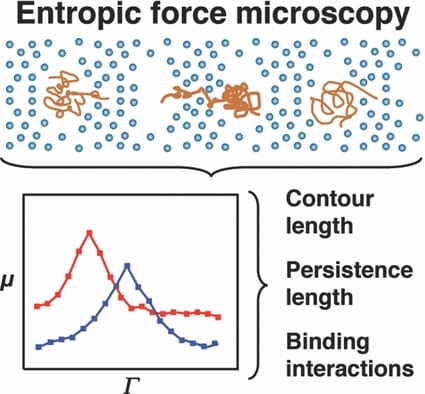
Nano-confinement reduces the chaos of DNA interactions: Bringing order to chemotherapy
Researchers at Texas A&M have observed dynamics that could otherwise be discounted as noise in DNA/small molecule interactions.
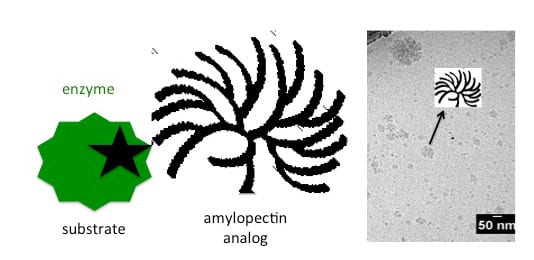
Characterization and standarization of polysaccharide biocatalysis
A team from the University of Groningen have published research on the enzymatic synthesis of glycosidic polysaccharide analogs and their characterization.
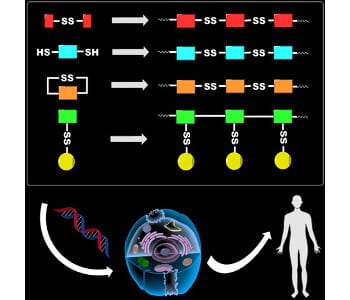
Nucleic Acid Delivery: Past, Present, and Future Trends
Polycations that are degradable by reduction of disulfide bonds can be used as nucleic acid delivery vehicles.
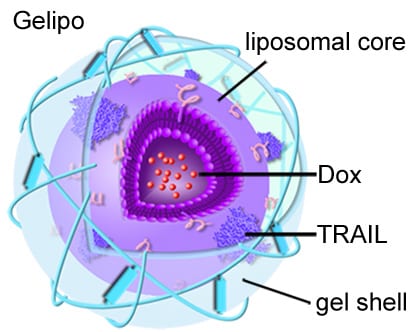
New nanoparticles can deliver multiple anti-cancer drugs
Nanoparticles can carry two different anti-cancer drugs and deliver them to separate parts of the cancer cell where they will be most effective.

Molecular motor can walk nanoparticles along nanotubes
Researchers have created a new type of molecular motor made of DNA and used it it to transport a nanoparticle along the length of a carbon nanotube.
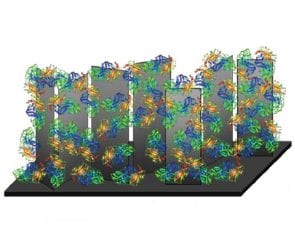
Quick as you like: Carbon nanosheets allow direct electron transfer in biofuel cells
A high performance laccase-based biofuel cell cathode is developed using carbon nanosheets as the catalyst support and buckypaper as the substrate electrode.
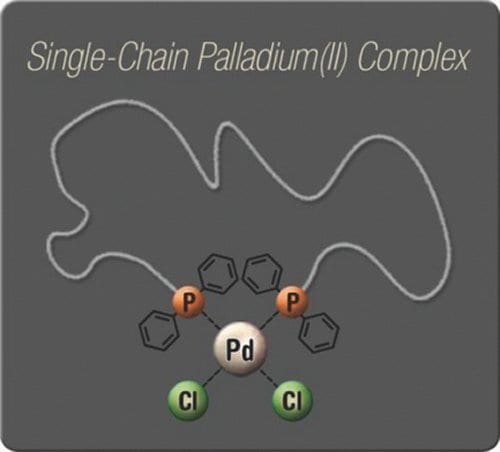
Metal-ligand complexation induces single-chain self-folding of synthetic polymers
The controlled folding of single polymer chains is for the first time realized by the complexation of metal ions.
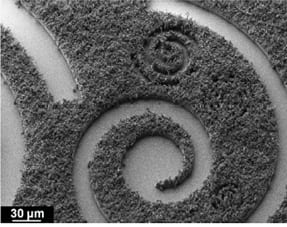
Microfabrication of MOFs: Easy, Fast and Versatile
Researchers describe a generic patterning technique that combines UV-lithography with the hot-pressing of preformed metal-organic framwork crystals.

Spotlight on Professor Molly Stevens
Professor Molly Stevens has become a recognised role model in science. She has won award after award and built a large and successful research group at Imperial College London.










